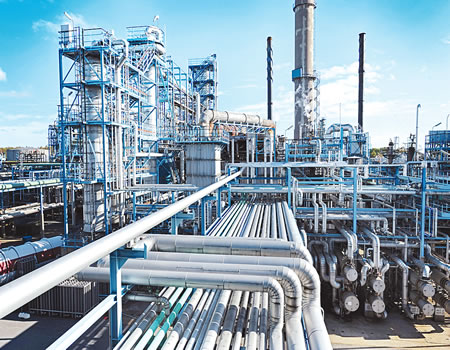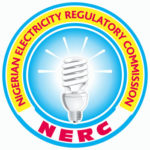Reliable, he explained, simply means that everybody expects energy to be readily and continuously available in their daily life, while affordable requires cheap energy that is necessary to spur the economic development of billions of people seeking better living conditions, and all polls indicate that it is the clear priority of all customers around the world while clean of course because would help to reduce its environmental footprint and carbonmonoxide (CO2) emissions.
ALSO READ: Akwa Ibom: Group plans mass action in Abuja, petitions foreign missions in Nigeria
He said Total has operated in Nigeria for more than 60 years as a group, in partnership with Nigerian government and in different equity associations with other private companies.
Providing some insights into its value chain operations, he said that in its upstream activities, run by its exploration and production affiliate, like most of other international oil companies in Nigeria, the oil giant has moved from a predominantly land based production in the 60s to offshore in the 80s and then deep offshore in 2005, deepening a technically skilled industry work force in the process.
“Over the years, despite various challenges in the industry, Total added three billion barrels of oil equivalent to Nigeria’s production and with the Egina project coming on stream in the next coming weeks, it will add another 200,000 barrels of oil per day, which is approximately 10 per cent of Nigeria’s oil production,” he said.
In the midstream sector of the industry, the company has 15 per cent interest in Nigeria Liquefied Natural Gas (NLNG) which currently operates six LNG Liquefaction trains in Bonny Island.
“Indeed, 40 per cent of our production in Nigeria is also gas. This is bound to increase in the coming years as Total looks to expand its gas business, and part of our objective to provide more reliable, affordable energy to Nigeria’s growing population, Total is also currently developing a 100MW Katsina Solar Farm project in Katsina,” he said.
In the downstream affiliate, Total is a market leader with over 550 service stations spread across the nation and 2014, Total pioneered the first solar powered station in West Africa, the Onigbongbo station in Ikeja Lagos, and since then it has built over 15 solar stations in Nigeria.
Its global target is to reach 5,000 solar stations by 2020, and Total downstream activities are also number one in Africa with over 4,300 service stations in the continent offering a one-stop shop experience.
Terraz, said, “For our customers, we aim to become providers of integrated solutions, delivering customer services shaped by closeness and innovation. This involves in particular transforming our service stations into community hubs with local and mobility related services, as part of a multi energy network.
Total has embraced this change, recording increasing levels of local content participation with each new project. For the future, our focus will be on two main areas, offshore and gas. In deep offshore, the Egina project will soon come on stream and we are already working at realizing new projects like Ikike in the conventional offshore and Preowei in the deep offshore.”
Speaking at the same forum also, Executive Director, Corporate Affairs, Total Exploration and Production, Mr. Abiodun Afolabi, said, the theme of the management session, ‘Organic Growth In Nigeria Oil And Gas Industry: Next Phase Where And How It Can Be Achieved’ was timely and a call on all concerned stakeholders to continue to come together, brainstorm, develop strategies and propose policy that will ensure the sustainability of the oil sector especially in this era of oil pricing uncertainty.






